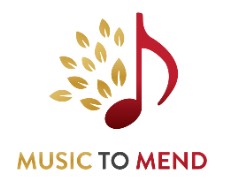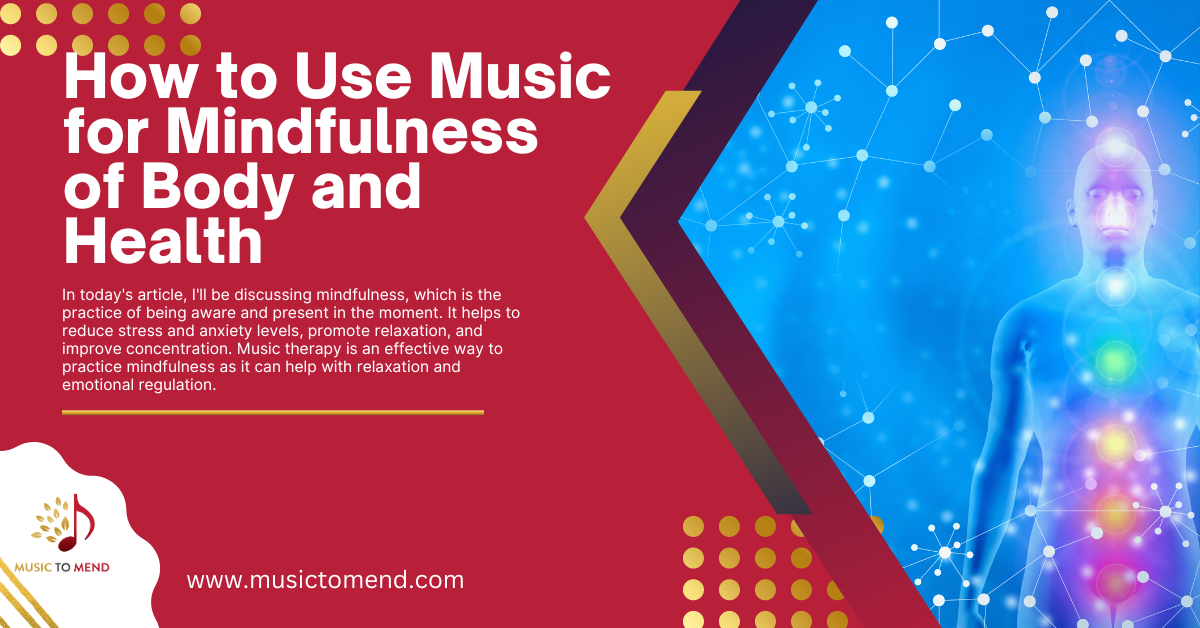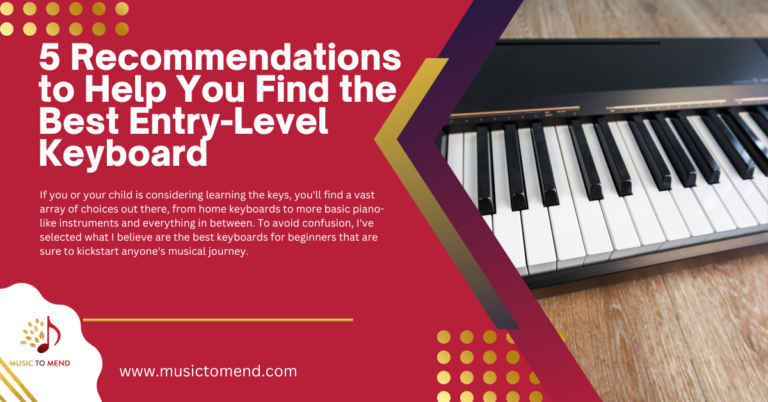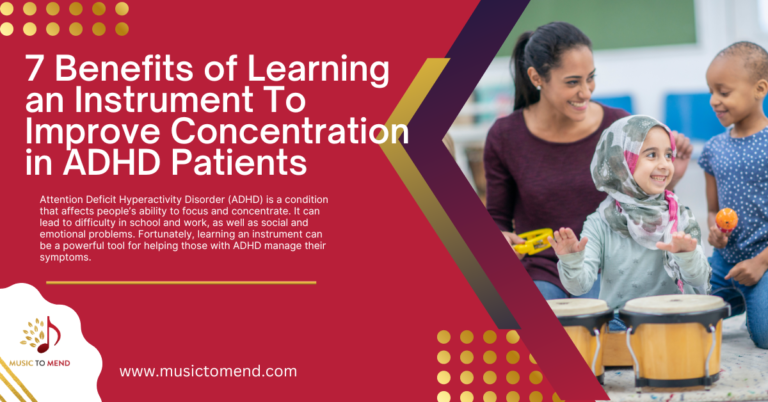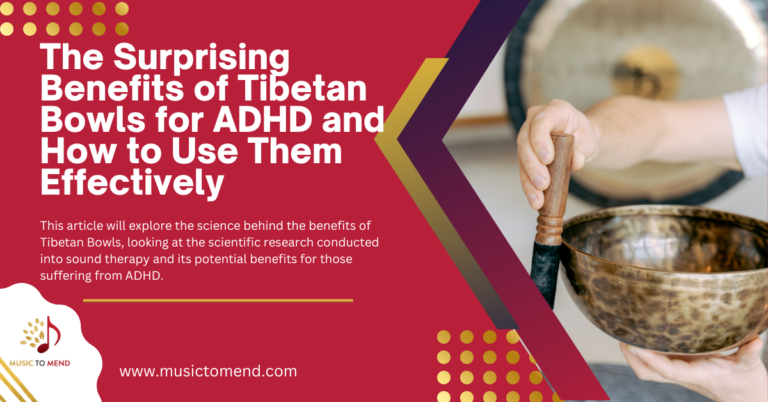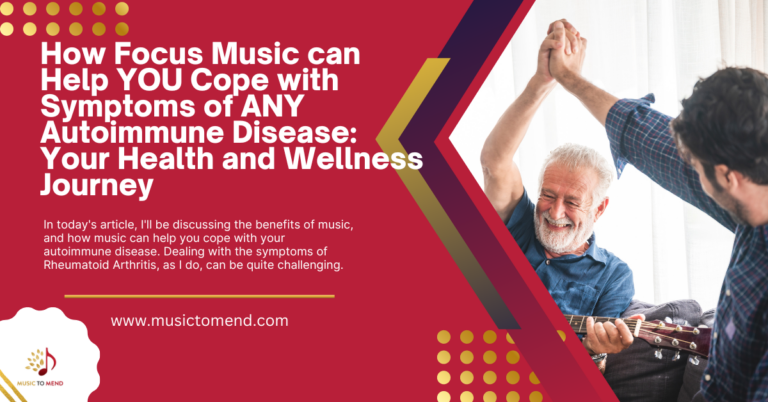How to Use Music for Mindfulness of Body and Health

What is Mindfulness and How Can Music Help?
In today’s article, I’ll be discussing mindfulness, which is the practice of being aware and present in the moment. It helps to reduce stress and anxiety levels, promote relaxation, and improve concentration. Music therapy is an effective way to practice mindfulness as it can help with relaxation and emotional regulation. Music can be used as a tool to help with mindfulness practices such as meditation, breathing exercises, and yoga. By listening to calming music while practicing mindfulness techniques, one can achieve a state of deep relaxation that can help reduce stress levels and promote overall well-being. Additionally, music can be used to create an atmosphere conducive for self-reflection or introspection which is essential for developing a mindful attitude towards life. It’s important for those of us living with chronic illnesses to find outlets, such as music, to help us remove negative thoughts and find peace and harmony.
For centuries, music has been used to help people relax, reduce stress, and improve their overall well-being. It can act as a tool for mindfulness and can be used in combination with yoga, meditation, or sound healing practices. Music has the power to affect our emotions, thoughts and behaviors in positive ways. It can also help us become more aware of our inner self and find peace within ourselves. Whether you suffer from depression, anxiety or fatigue due to an illness, listening to, or playing music can be a positive, life-changing experience!
Types of Music That Can Help with Chronic Pain Relief & Management
Music is an effective management tool for individuals suffering from chronic pain. Studies have shown that certain genres, including classical, jazz, or blues music can be beneficial in helping to manage the uncomfortable symptoms of persistent pain. Classical music can help reduce stress levels and relax the body, while jazz and blues can provide a calming atmosphere that helps to ease physical and emotional pain. Additionally, these genres of music have been found to increase dopamine levels in the brain which can reduce feelings of depression associated with chronic pain. By exploring different types of music for chronic pain relief and management, individuals may find an effective way to cope with their condition. that resonates with them. Music is a way for people to express their unique personalities and discover new ways of coping with difficult or challenging situations. The therapeutic effects of music have been shown in numerous studies, including one that found that listening to music can boost mood, reduce tension, and increase feelings of relaxation. Music may also act as a distraction during painful procedures like surgery or cancer treatment.
The Positive Impact that Practicing Mindfulness has on Physical Health
Mindfulness is the practice of being aware of one’s thoughts and feelings in the present moment. It has been proven to have numerous physical health benefits, such as improved immune system functioning, lower blood pressure, and improved sleep. Practicing mindfulness can also help reduce stress levels, which can lead to a healthier lifestyle overall.
Yoga and guided meditation are two popular ways to practice mindfulness. By focusing on breathing and body movements during yoga or guided meditation, individuals can become more aware of their physical sensations and better connect with their bodies. This connection can lead to increased self-awareness and improved physical health outcomes over time.
Benefits of Taking Music Lessons for Mental Health and Well-Being
Taking music lessons can be a great way to improve your mental health and well-being. Music has been proven to have therapeutic effects on the body, mind, and soul. Studies have shown that playing an instrument can help reduce stress, anxiety, and depression. It can also help with developing mindfulness and improving focus.
Learning to play an instrument is not only fun but it also has many benefits for your mental health. It can help you express yourself creatively, relax your mind, reduce stress levels, increase positive emotions, and even improve cognitive functioning. Additionally, playing music with others has been found to be beneficial in improving social skills and creating meaningful relationships.
I hope you enjoyed today’s article. I hope you find the right type of music to listening, or enroll in music lessons. Start feeling better today!
Until next time, stay well and happy music playing.
Bea
